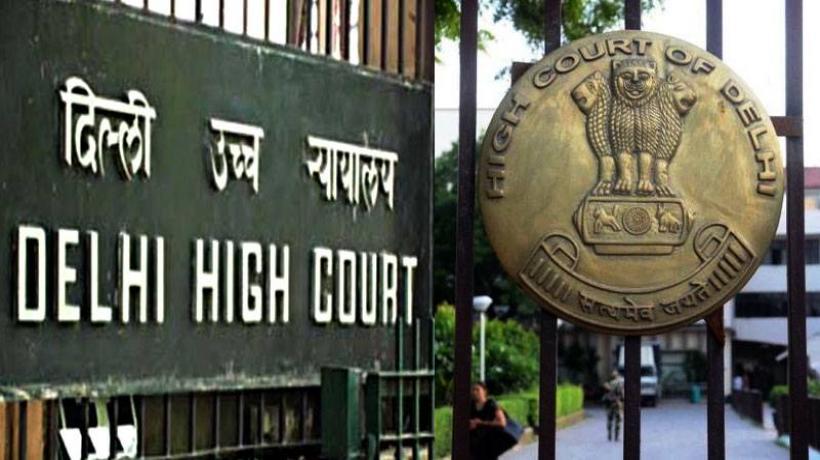


The Delhi High Court in the case MS. Yogamaya M.G. v. Union Of India & Ors observed and has refused to entertain a public interest litigation wherein seeking urgent implementation of the ‘Women’s Reservation Bill, 2023’ in order to ensure the reservation of 33% seats for women in the upcoming Lok Sabha Elections 2024.
The Division bench comprising of Acting Chief Justice Manmohan and Justice Mini Pushkarna in the case observed and has granted liberty to the petitioner, a lawyer, Yogamaya MG, who withdrew the plea after some arguments, to approach the Supreme Court before which a similar petition has been filed.
The counsel, ASG Chetan Sharma representing the Union Government informed the court that the Bill has already become an Act and that as per Article 334A of the Constitution of India and the parliament has stipulated that the reservation will come into effect after the delimitation exercise is undertaken.
Therefore, the bill introduced Article 332A of the Constitution of India which mandates the reservation of seats for women in every state Legislative Assembly.
The court stated that another newly introduced Article 334A states that the women reservation will be effective after the census conducted after the commencement of this Bill has been published and based on the census, the delimitation will be undertaken to reserve seats for women.
The counsel, ASG Sharma submitted before the court that it is an exercise after the census and it has been engrafted under the Act. Thus, it has debated in the parliament …This is a publicity litigation.
The counsel appearing for the petitioner stated that he is not challenging the vires of the Bill or the Act and is only seeking implementation of the women reservation in a time bound manner.
Further, the counsel stated before the court that I am not challenging the Act or the Bill. I do not know why my senior friend is going into the technicalities and Not challenging act or bill. Why senior friend for technicalities. Thus, in the history of India, for the first time the parliament has unanimously passed the bill and since 75 years, there has been no representation. Let them come and say we can do it in a time bound manner. I am not challenging anything but I am only trying so that it can be done in a time bound manner. Otherwise, it is not going to happen. The bench of Acting Chief Justice while responding to the submissions of the petitioner’s counsel told that if he is seeking urgent implementation of the Bill, he will have to challenge vires of Article 334A as a condition of delimitation exercise has been stipulated by the parliament prior women reservation.
The bench in the case observed and has stated that there are two issues. Thus, the matter is pending Supreme Court and two courts cannot simultaneously do it. We don ‘t have the luxury of time. Another thing is, there is a provision in the Act that it shall come into effect after the delimitation exercise is undertaken…You will have to challenge the validity or pray for its quashing.
The court in the case observed and has granted the liberty to the petitioner to approach the Supreme Court where another writ petition seeking similar relief has been filed. The bench headed by single judge in the case observed and has refused to entertain the PIL filed by the petitioner seeking similar relief. The single judge also asked the petitioner to file a fresh PIL after which the matter was listed for hearing before a division bench.